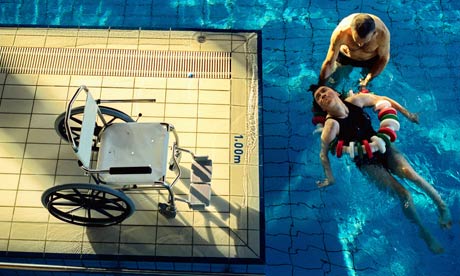We lost someone important to us this weekend. My mum rang me, crying from a hotel room, after Megan had said goodbye, and what a shame it was. She didn’t want to go. We didn’t want her to go either.
Megan was my younger brother’s carer. His autism and epilepsy means he needs round-the-clock assistance. Megan had split up with her boyfriend, and the minimum wage she was being paid was not enough for her to live alone – so she has to go away, to live with her parents. My brother will not understand this: he will just see that she is gone, and miss her. But we understand it. Having witnessed the work of a succession of carers while I was growing up, I not only noticed what an incredible, noble thing it is to devote your time to looking after someone more vulnerable than you, but also how little society gives a toss about it.








